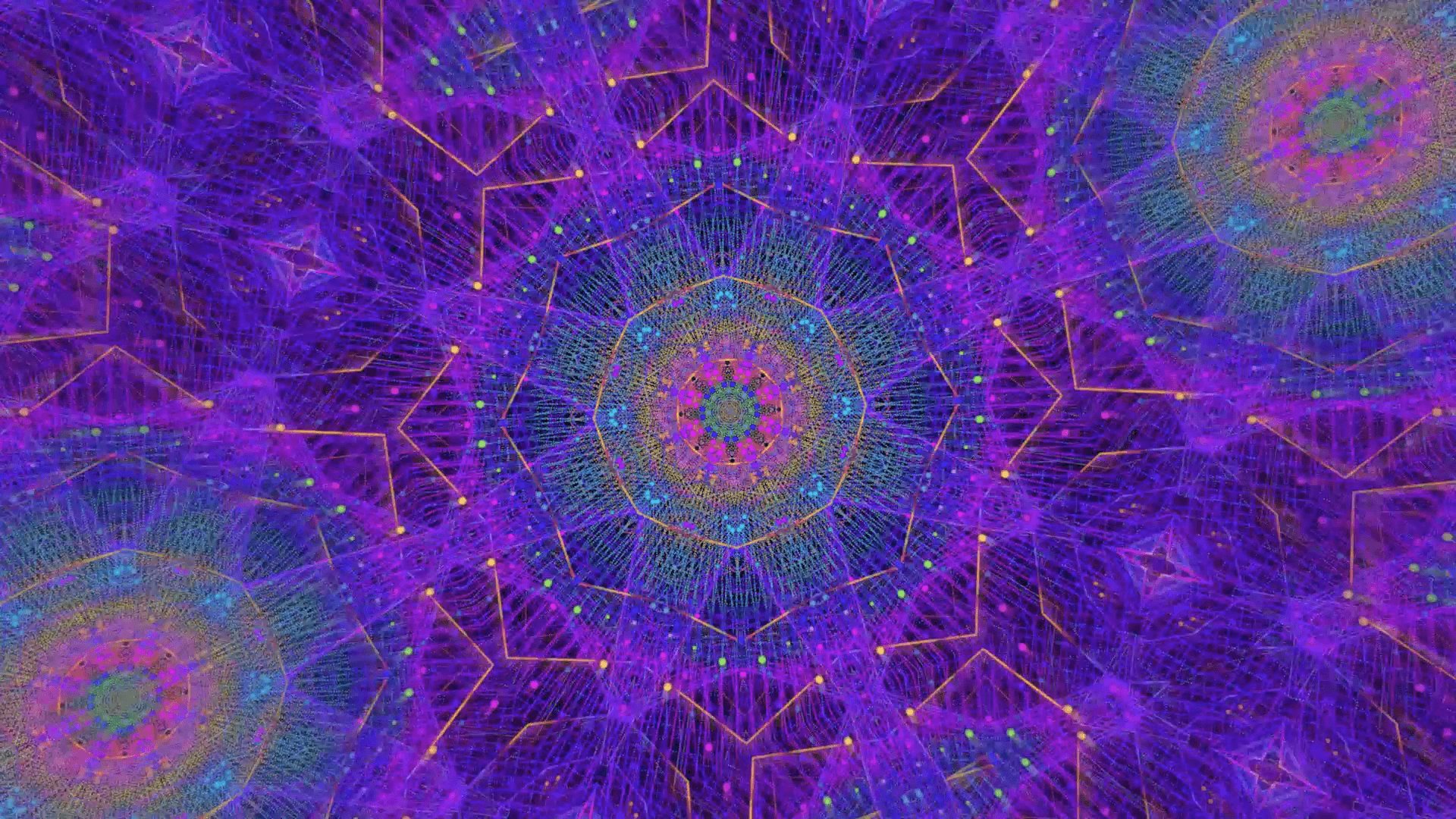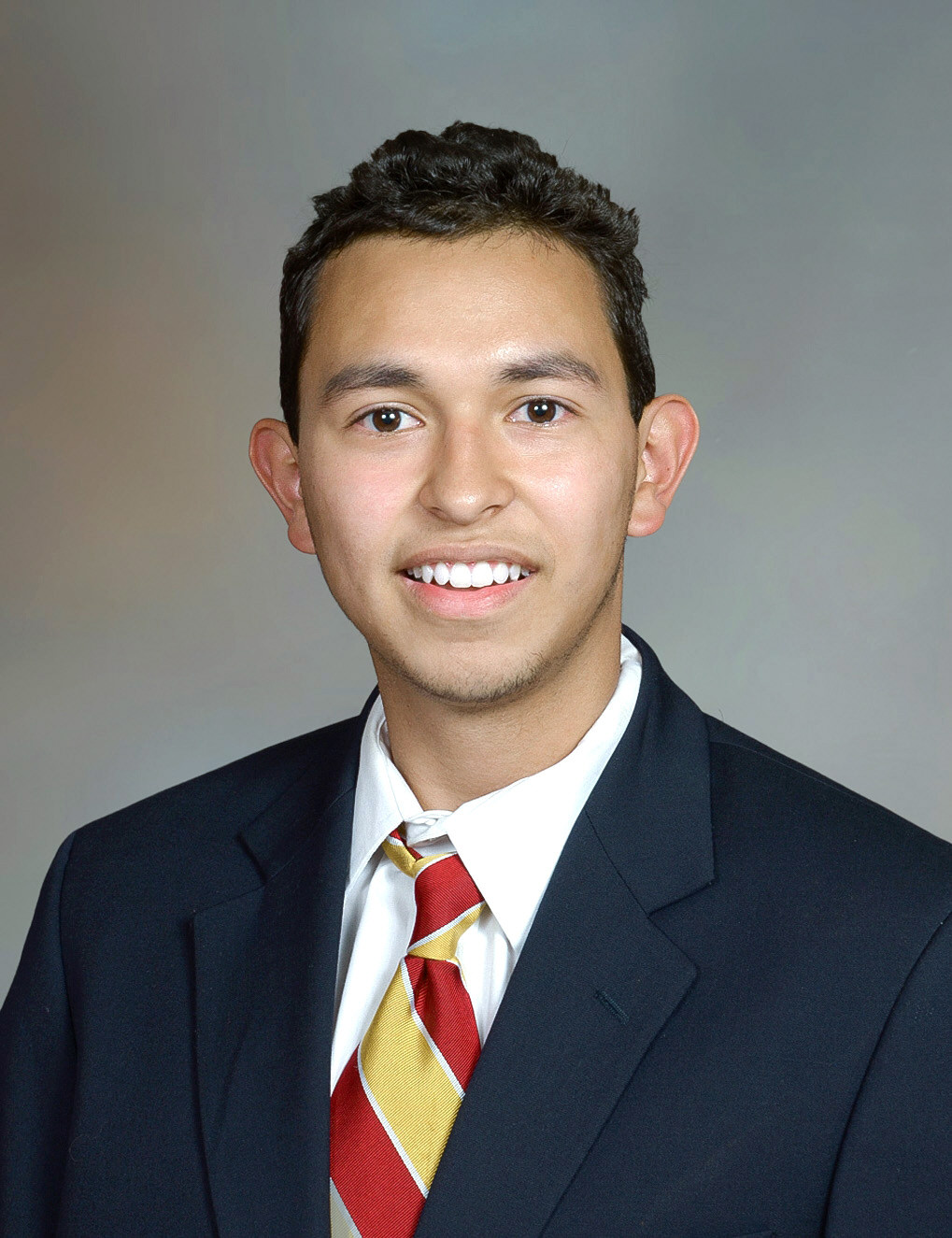Alright – so today we’ve got the honor of introducing you to Paulo Perez. We think you’ll enjoy our conversation, we’ve shared it below.
Paulo, thanks for joining us, excited to have you contributing your stories and insights. Can you talk to us about how you learned to do what you do?
I learned the art of filmmaking by surrounding myself with people who are more talented and knowledgeable in this domain than me and by having an endless appetite for development. At the end of the day, concepts have their limits. You have to take action and write, film, edit and not merely read about writing, filming or editing. I could ramble on about the parts I never thought I’d encounter or the aspects that are never mentioned in college or videos. Doing a flashback in mind, I could’ve accelerated my learning process by producing more material to serve as tests. It’s alarming to realize that if you don’t stay consistently active in this craft, you lose your sharpness and recovering it takes many moons. The most important tool for a director is communication. The director is normally the only one intimately involved with every department and it begins with the director for explaining why we shouldn’t start with a wide shot for scene 72 because that will disrupt the eventual editing rhythm and the foreshadowing from scene 13. The obstacles to learning more are typically self-imposed. Imagine a classroom of students. They’re all there but some will take away more from the course than others. We’re in the Information Age and as an American with privilege, there are lots of resources at our fingertips. At that point, it becomes a matter of priorities and life situations.
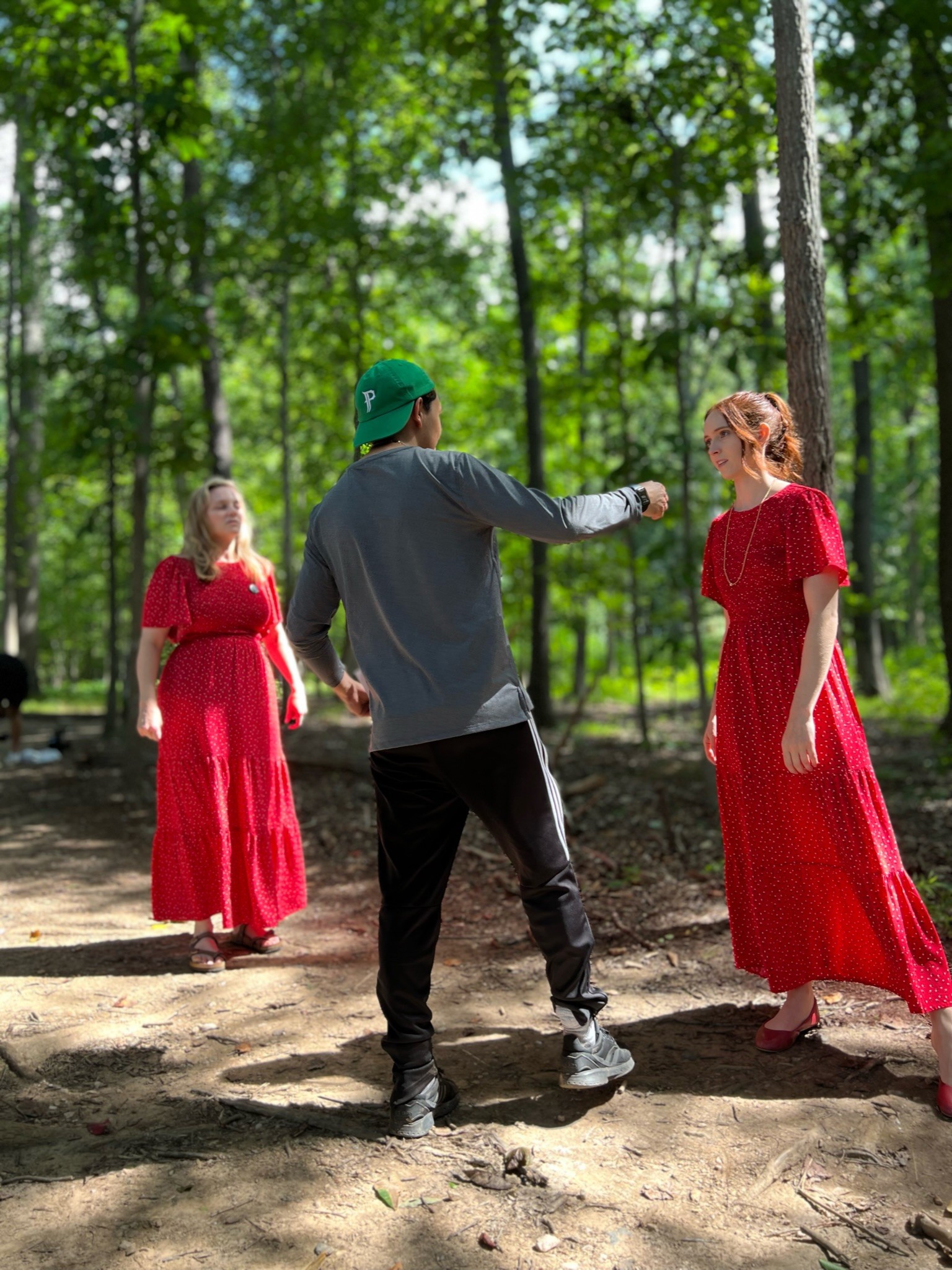
As always, we appreciate you sharing your insights and we’ve got a few more questions for you, but before we get to all of that can you take a minute to introduce yourself and give our readers some of your back background and context?
I’m left-handed. I feel like I was born to create. For as long as I can remember, I’ve had a strong appreciation for the arts. I see these stories we tell as pivotal to the human experience. Would you want a world without music? Cinema resonates with me deeply, it is the only art form that can feature every kind of art within it—acting, writing, music, cinematography, costume design and so on. At the age of 17, I left the comfort of home in Maryland. Several campaigns later, at the age of 19, I went to Arizona State University to broaden my knowledge. I graduated Summa C*m Laude and met multiple people that would come to be involved in the feature I directed, The Human Supremacist. I’m most proud of what the team was able to accomplish in that movie. We created something from scratch which is becoming an anomaly with each passing day in the state of film. Not only is it brand new, it didn’t play to any formulas either and the execution was on point. The concept of human supremacy is one that will become more relevant in the years to come and people will consider this satirical film a landmark in the discussion of such a topic. I didn’t set the movie in motion for myself, I did it for y’all. The people deserve more works like this especially in a time when the industry seems to be navigating away from originality. People tell me that I think outside the box, upside down, inside out and reverse all at once so my voice, that I have gathered from my unique background and experiences, is what shapes me and sets me apart.
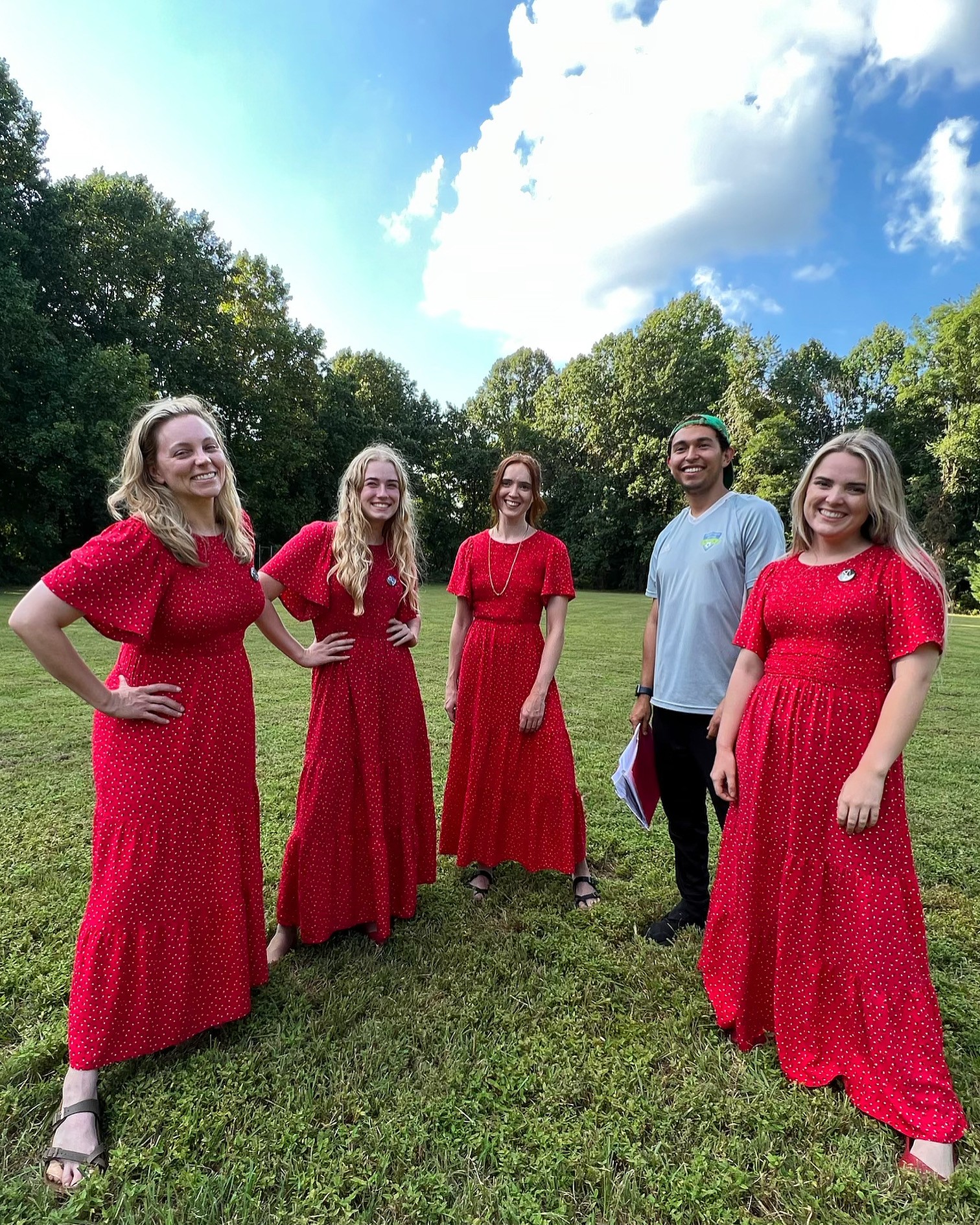
What can society do to ensure an environment that’s helpful to artists and creatives?
The onus is on artists to begin with. Artists need to create compelling work to merit the support of society. For art forms that depend on several collaborators, artists will have to accept that they may need to make some sacrifices, perhaps monetary, to get projects off the ground or else we’ll be at the mercy of non-creatives who can provide resources but can disrupt the vision. After that, society can enjoy all the great creations but they need to mean it when they say they want more original material. Support what you like or it’ll vanish. A meager “like” on several platforms can go a long way for the algorithm. Spread the good news. That’s not moving mountains, people can do it.
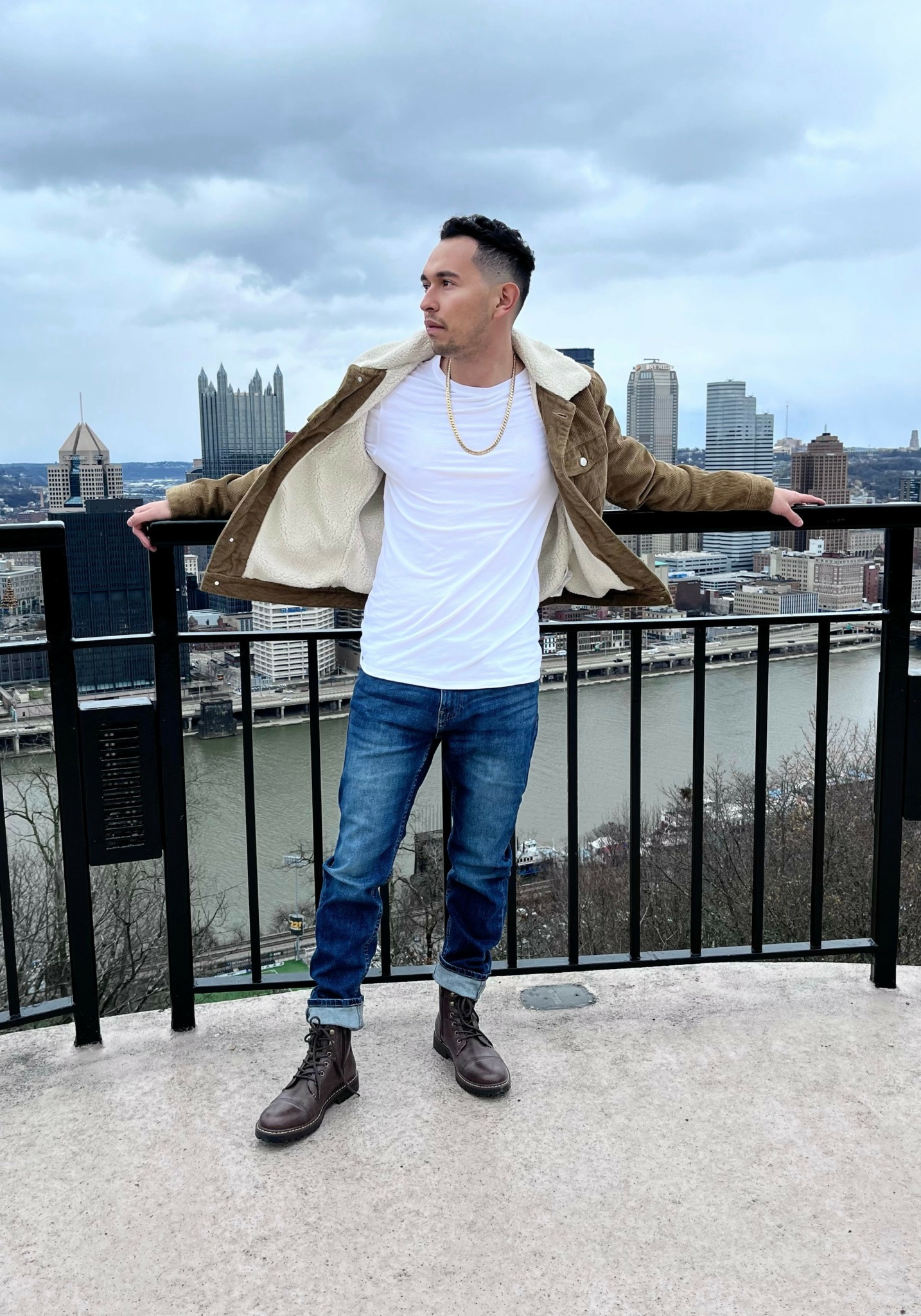
Is there something you think non-creatives will struggle to understand about your journey as a creative? Maybe you can provide some insight – you never know who might benefit from the enlightenment.
This journey, this odyssey is rife with complications. I don’t judge audiences for not knowing that because artists will never fully know what they’ll find at sea either. It’s important to not take artwork for granted. When it comes to a movie, the simple moments could have so many people involved. When you break down the hours of labor, the amount of programs required, the equipment, it is astounding. On behalf of every director from the past, present and future, I can tell you that pulling off a feature-length film is a mini-miracle in and of itself.
Contact Info:
- Website: https://www.pappictures.com/
- Instagram: https://www.instagram.com/pauloperez13/
- Youtube: https://www.youtube.com/@PAPPictures
